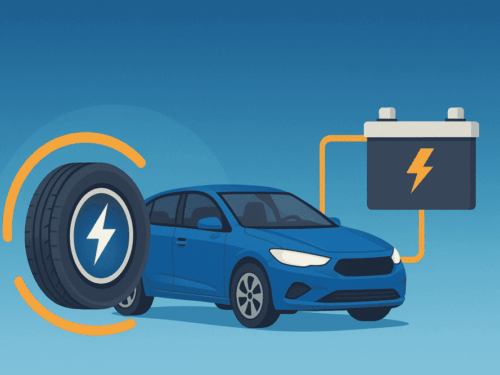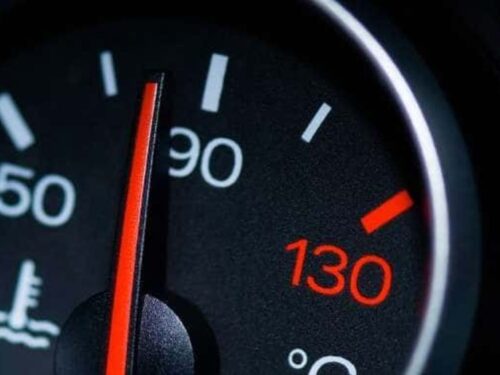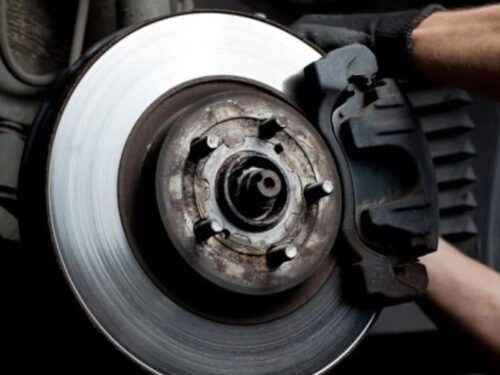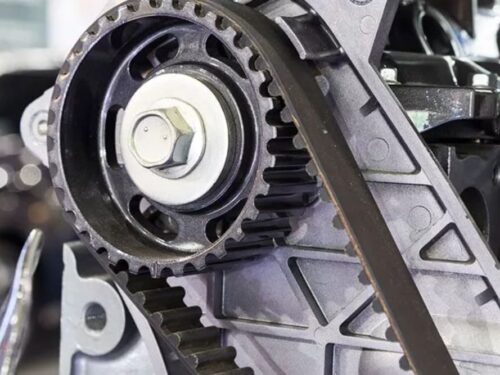
Have you considered the long-term cost of driving your vehicle? Whether you drive 10 or 50 miles a day, other factors such as preventive maintenance, driving style and more will help you save money on overall car care costs during the life of your vehicle.
Lots of vehicle owners chalk up car-ownership costs to the price at the pump or unexpected repairs, but other factors figure in big time when calculating how much your set of wheels truly is costing. Driving style, preventive maintenance and insurance options all contribute to how much you’re paying (and could be saving).
Driving up costs
Excessively slurping gas via poor driving habits can rack up the bucks. The usual suspects:
- Speeding
- Rapid acceleration
These aggressive driving moves can minimize MPGs by 33% on the highway and roughly 5% in the city, according to the U.S. Department of Energy. Reversing those percentages by resisting the urge to gun it translates to saving the equivalent of 10 cents to 66 cents per gallon of gas. Plus, by not constantly coming to a screeching halt from a speed-limit-exceeding velocity, you’ll get longer life out of your brakes, which means—ka-ching!—more money in the bank.
Keeping up
Maintenance. Everything needs it. Refrigerators, furnaces and, yep, cars. If you’re really into saving money and consider yourself very handy, you might consider trying some lighter DIY maintenance yourself. If you’re not, we understand—on some vehicles even the air filter is tricky to change. We’re here for you in those cases.
Keeping current on your maintenance calendar is one of the biggest car-related money-savers. Regular oil changes help prolong engine life, preventing costly, unexpected breakdowns. Ditto for flushing the transmission and coolant system or changing the air filter regularly.
Ensure your insurance measures up
Keeping tabs on your insurance coverage can cut costs. Several ways to proactively pursue policy perfection include:
- Request a mileage discount. If you work from home or are within biking distance to work, ask your insurer for a premium decrease. Certain insurance companies offer discounts to individuals who rack up less than the average number of miles annually.
- Bundle up. Those who insure their homes and vehicles with the same company might decrease their premiums by roughly 10% annually.
- Clamp down on the claims. Filing after a fender-bender that’s your fault might increase your premium more than 40%, say the insurance experts. That means you’re probably better off not filing for repair reimbursement if you get into a small bang-up, particularly one not involving other drivers or in which no injuries occur.
Courtesy of autolablibertyville










